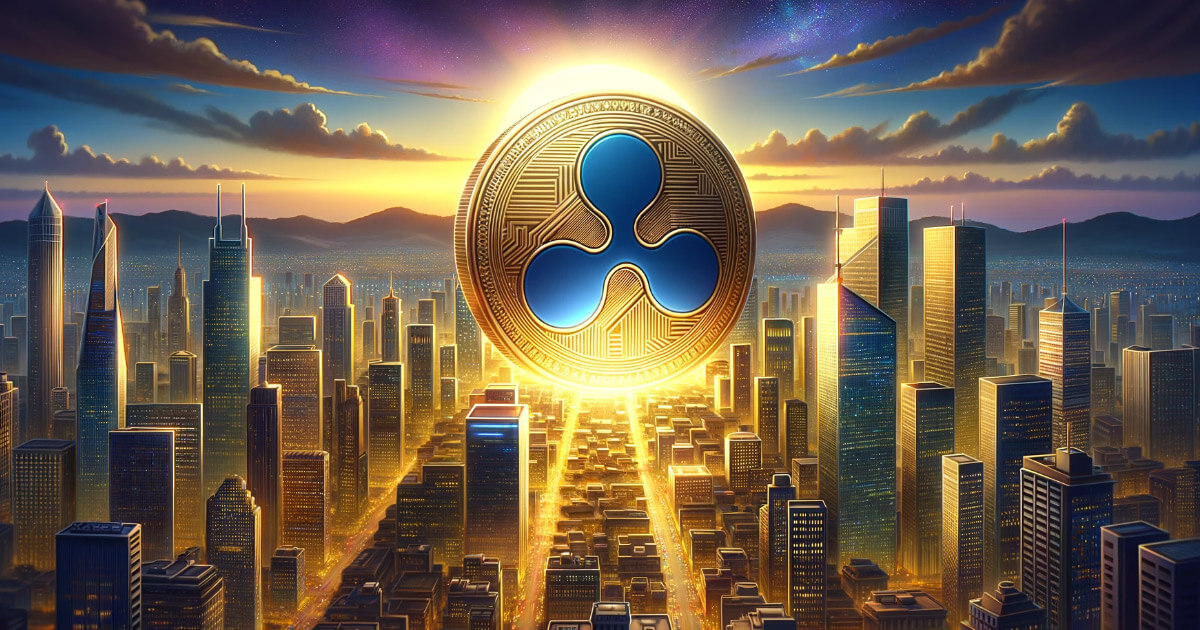
The Ripple ecosystem’s native token, XRP, surged more than 10% on Nov. 6 to become the fourth-largest cryptocurrency by market capitalization as weekday trading began.
The token is trading at $0.714 as of press time, according to CryptoSlate data.
The rally may be attributable to a combination of factors, including anticipation surrounding Ripple’s Swell conference, regulatory approvals, and an ever-evolving cryptocurrency landscape.
Positive momentum
XRP has gained value steadily since Grayscale’s spot Bitcoin ETF made headlines, causing the overall crypto market to spike to new highs for the year. However, the token began surging on Nov. 6 after multiple positive developments over the past week.
One key development was Ripple’s acquisition of approval to operate within the free trade zone of the Dubai International Financial Centre (DIFC). The approval effectively legitimizes the use of XRP tokens by financial institutions in the DIFC, further establishing its credibility within the financial ecosystem.
The mounting excitement, however, is primarily centered around Ripple’s upcoming Swell conference on Nov. 8 and Nov. 9 in Dubai. Speculations are rife that Ripple might unveil plans for an Initial Public Offering (IPO) during the event, and its approval by the DIFC was a precursor.
Notably, previous editions of the Swell conference have frequently induced positive reactions in XRP’s price, and the market appears to be echoing a similar sentiment this year.
Additionally, Ripple is continuing to forge new partnerships with central banks around the world and cementing its foothold in the world of central bank digital currencies (CBDCs). The National Bank of Georgia is the latest to select Ripple to develop its CBDC project — the digital lari.
SEC settlement
Multiple crypto lawyers have clarified that Ripple is in a solid position to win its dispute with the SEC. Experts believe the regulator will offer the company a settlement deal, which could range from hundreds of millions of dollars to $20 million.
The SEC is seeking a substantial $770 million penalty for what they claim were illegal XRP sales to institutional investors. However, lawyers argue that the actual amount will be far smaller.
Attorney and partner at Hogan & Hogan, Jeremy Hogan, provided insights into disgorgement in the case. Hogan explained that Ripple may have two arguments in response to this.
First, they could argue that disgorgement should be based on net profits rather than gross profits, as established in the SEC v Liu case from 2020. This means that business expenses should be deducted from the total.
Secondly, he pointed out that disgorgement should be awarded to the victims, referring to individuals or entities that incurred losses on their XRP investments. If an XRP purchaser bought the cryptocurrency at $0.30 and it’s now valued at $0.60, they may not be considered a victim, and therefore, no disgorgement would apply.
Hogan also raised questions about the SEC’s jurisdiction over sales to entities that do not have a connection to the U.S.


